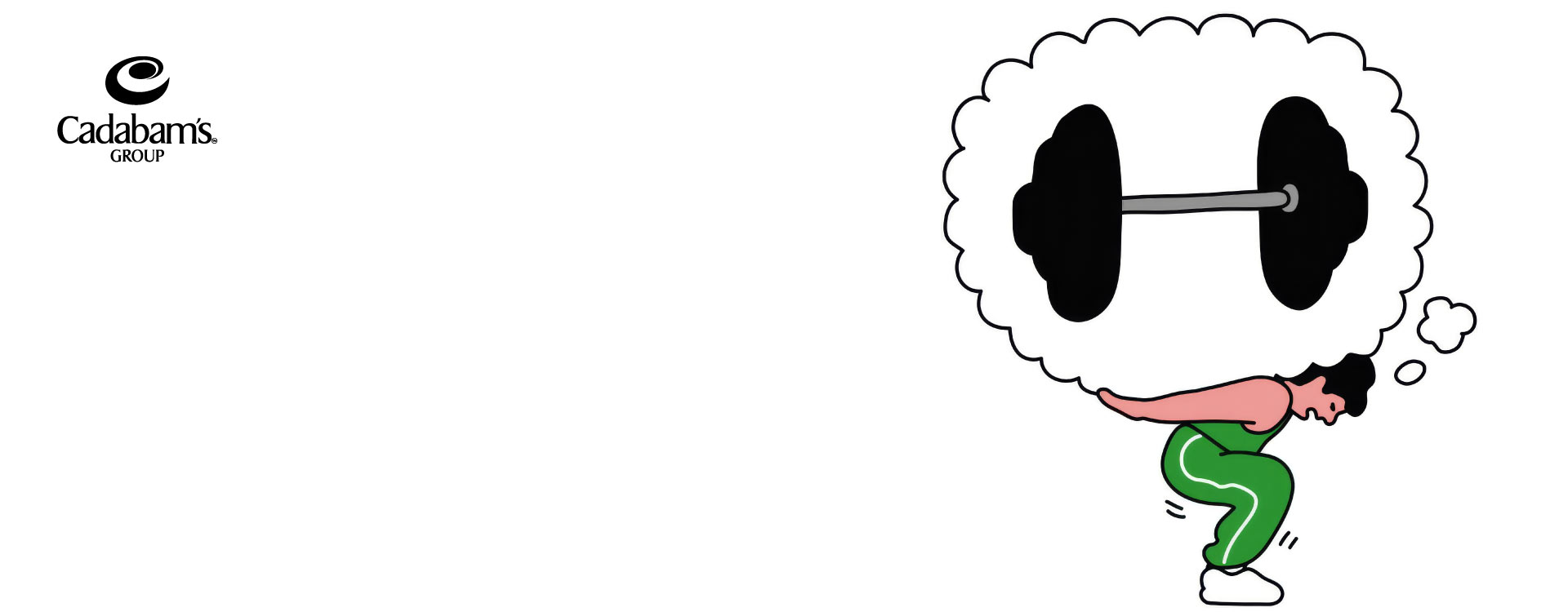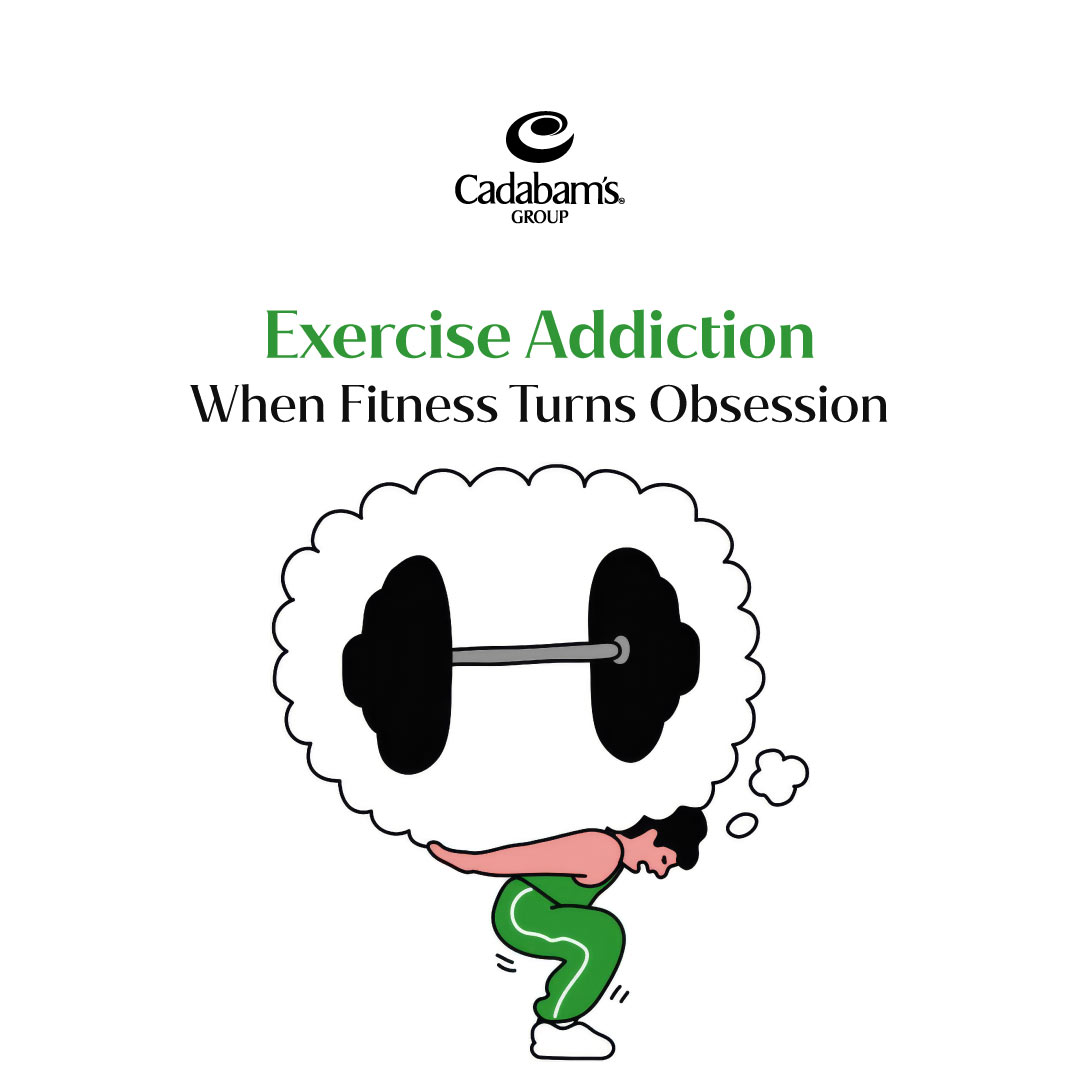Investing 20-30 minutes per day in physical workout can have a great positive impact on one’s physical as well as mental health. Exercising daily is a healthy habit when it is done at a moderate level, but when it goes over the limit it can have adverse effect on one’s physical and mental health. Over indulgence in exercise regardless of the negative consequences can lead to exercise addiction.
What is exercise addiction?
Exercise addiction is an unhealthy and obsessive pattern of physical activity that the individual engages in, regardless of the negative impact of this pattern on their lives. At first the workout may start as a healthy activity but slowly it turns into an obsession the individual finds hard to separate from. Hence it is important to be aware of one’s limits and the effects of pushing yourself over the limit.
Here are a few situations that could indicate exercise addiction:
- When you are obsessed with measuring everything related to you fitness such as measuring the calories lost, how many calories you are consuming, and the time spent in workout.
- When you find yourself following your fitness regime despite any physical injury or pain.
- When you start missing on important professional or personal life events in order to make time for your workout.
- When you start having relationship issues regarding your fitness regime.
- When you plan your whole routine around your fitness regime.
- When your engagement in physical workout is a compulsion and not what you really want.
- When you feel irritated and agitated because you skipped working out for a day.
Effects of exercise addiction:
- Not being able to make time for personal relationships would eventually lead to conflict and lose of those relationships. This may affect their relationship with their partner, children and friends.
- In many cases it is seen that indulging in over exercise is used as a tool for escapism. Engaging in exercise to escape real life problems would only make the problem worse.
- Not being able to follow the regime or dissatisfied with the results would bring in feelings of failure, hopelessness, anger, sadness and irritability.
- Obsessing about excising would lead to lack of concentration in professional areas resulting in poor performance.
- It can lead to physical harm. In some cases the individual wants faster results for which the trainer may recommend consuming external forms of hormones. These may later affect the body’s natural process of producing these hormones.
Exercise addiction is the new kind of addiction in our today’s world and there are many factors contributing to it. One of the most powerful contributing factors is media. Media portrays desirable men with six or eight abs and a large muscular figure, desirable women is portrayed with a flat stomach and a slim figure. And when an individual is seen to work towards achieving these they are highly reinforced by today’s society.
Another factor that keeps them motivated to follow this unhealthy pattern is their assumption about the effects. They think that if 30 minutes can have a positive impact, working out for 2 hours would only increase the benefits. They fail to see that this is not the way things work and also tend to ignore their physical symptoms, indicating that their body is not able to take that much pressure.
Most of the exercise addicts are seen to be high achievers and perfectionists. They tend to be preoccupied with their physical appearance and follow their regime with over precision. They are dissatisfied with the results and keep craving for more.
There are no standardized formal treatments available particularly for exercise addiction but the similar techniques that were used to treat eating disorders and other forms of addictions are seen to be effective. These treatment techniques include cognitive behavioural therapy, behavioural techniques, individual and family counselling. However, the first and the most important step towards treatment is to realise, acknowledge and accept that exercise addiction is a problem that is affecting your life. For treatment options call us now on +919611194949.
.webp)





